What Everyone Gets Wrong About ’70s New York
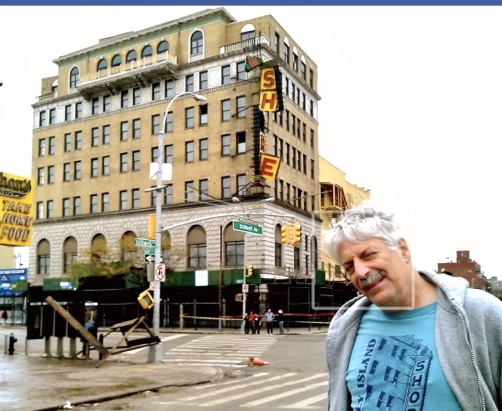 Lo! Yet another mucky wave of 1970s New York nostalgia is quick approaching, ready to dump its scummy self upon our stolidly sleek shores.
Lo! Yet another mucky wave of 1970s New York nostalgia is quick approaching, ready to dump its scummy self upon our stolidly sleek shores.
 Lo! Yet another mucky wave of 1970s New York nostalgia is quick approaching, ready to dump its scummy self upon our stolidly sleek shores.
Lo! Yet another mucky wave of 1970s New York nostalgia is quick approaching, ready to dump its scummy self upon our stolidly sleek shores.
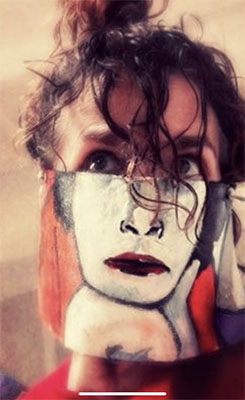
Learning To Breathe, Again . . .
When you wear the mask, the mask becomes you
—Qiu Zialong1

I drive from Strada Provinciale 48 to 236 to 90, to get from Acquaviva delle Fonti to Cassano delle Murge to Bitetto – three towns in the heel of the boot of Italy that form a trinity of olive and fig trees and grapevines – where all my ancestors were born for hundreds of years and many cousins still live. All my family, all the lineages, all my bloodlines, come from this small triangle of fertile earth.
On my 40th birthday, a year ago my phone flashed with a notification. 'Your long ago first love commented on your photo.’ “Very glad the Roma didn’t drop you and/or your dad caught you off that bridge back before this pic even occurred.” (He uses the right nomenclature, Roma and not the insensitive slang of gypsies.) And I’m flattered.
Everyone who knows me remembers this story. How could you not? You were held over a bridge when you were a child. It’s a remarkable story, but since I survived it, it’s become just that. A great story.
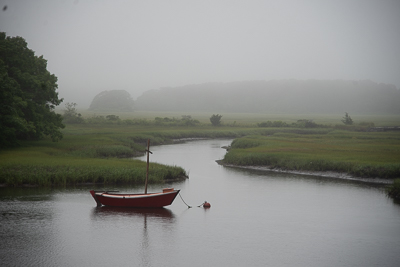 WE ARE ALL SURFACES IN THE ENVIRUSMENT
WE ARE ALL SURFACES IN THE ENVIRUSMENT
My love
Hangs around
Like mold.
I Infiltrate
Your porous
Wood
Sink into
Your
Remembrains.
—-
Don’t
Mind me…
…Just evading
Lapses to
Rid your
Infrastructure
Of me;
Fortifying
Myself
—Stronger
Than ever
Inside You.
—-
I am the
Twenty-percent
That know
How to
Survive
Your vinegar.
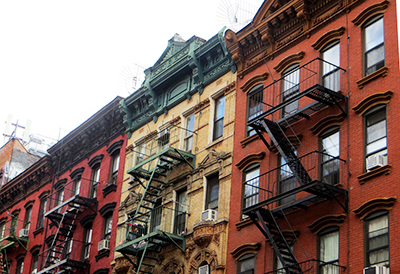 1
1
Let me tell you how I got into politics. I was living on the Lower Eastside because it was cheap and relatively convenient. Would you believe I was paying just $70 dollars a month for a two-room apartment in an elevator building? A struggling graduate student at NYU, I could actually afford to live in Manhattan and could get to school or work in twenty minutes.
Paris, that phantom, corrosive state of mind America dreams of, sometimes in bright lights, sometimes adrift in a lake of splendid isolation, is celebrating the 150th anniversary of its great communal uprising. A town that nurtures rebels, it’s in the water, the filthy, whispering Seine, down after its winter rise, assaulting the walls meant to hem it in and the air that, over the centuries, scours the faces of the great men on the buildings.

Somewhere in the sunny uplands of Merry Olde England – where multicolored unicorns are always promised but never delivered – one man chases another across emerald hills. They resemble each other, at least superficially: both white, middle-aged, of reasonable height, full heads of hair. One is racing ahead while the other huffs and puffs and chuffs behind, immensely pleased with himself for keeping up.
mother’s onigiri
Without warning my mother tells me, “I was orphaned at your age.” I look into her marble eyes, and they seem to be asking me if I understand: the pain. Do you feel the pain? Of course I do. I feel all the pain. I unlock my eyes from hers and look down at the table, in between us are stained, empty plates. Only moments ago, the plates were filled with food that we’d cooked in the small kitchen together, the apartment filling with the smell of salted salmon, fresh white rice, vegetable and tofu soup. They are all gone now—things are so fleeting.
1
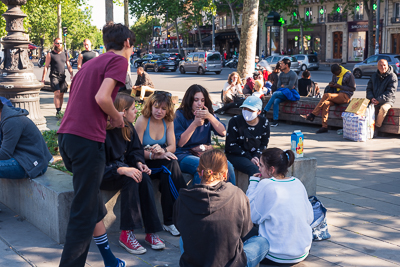 I never formally met Bobby Kennedy, but I did once alter the course of his life for maybe five minutes. Since then, I have always felt a certain kinship with him. Had he only lived longer, who knows what he might have achieved.
I never formally met Bobby Kennedy, but I did once alter the course of his life for maybe five minutes. Since then, I have always felt a certain kinship with him. Had he only lived longer, who knows what he might have achieved.